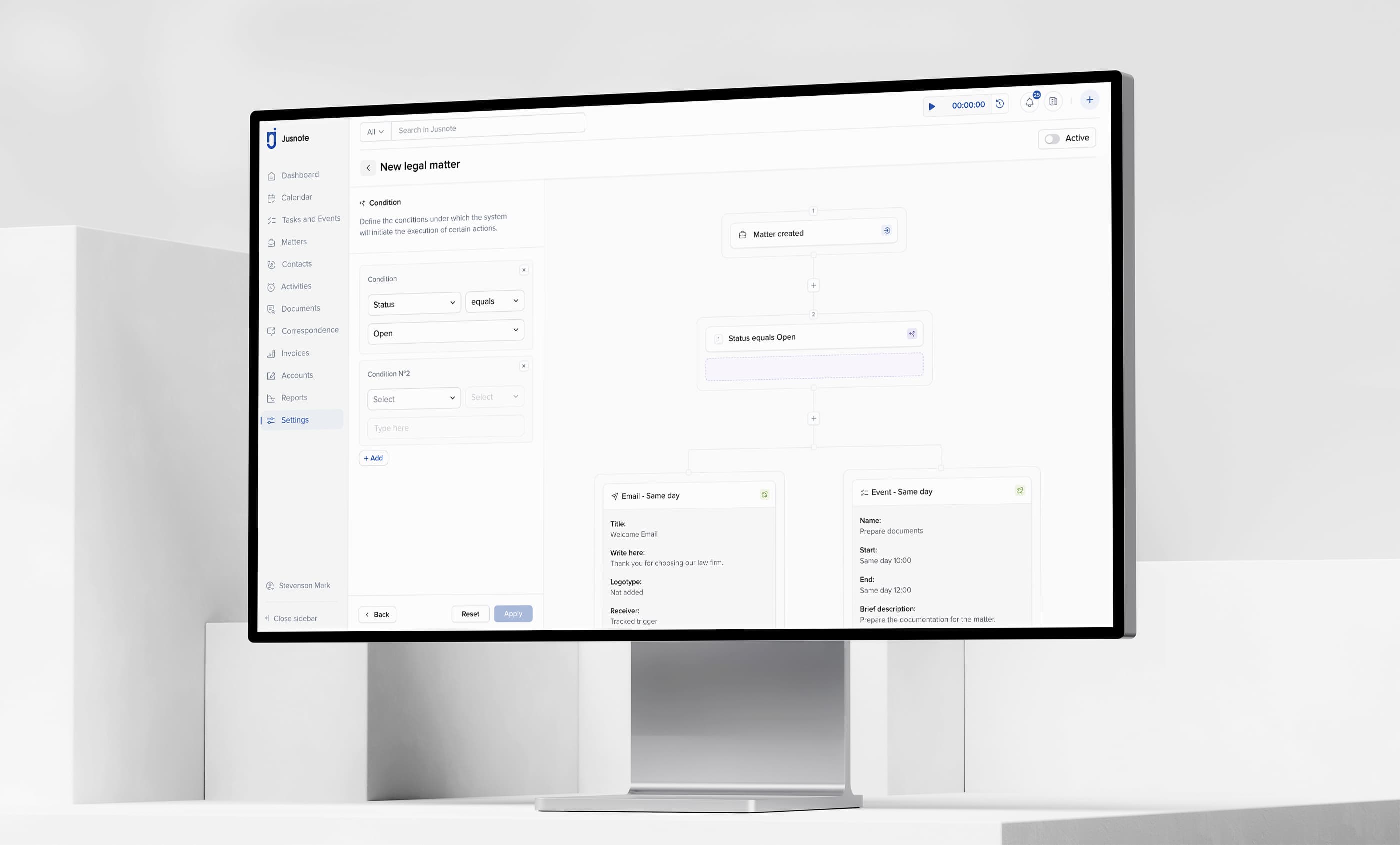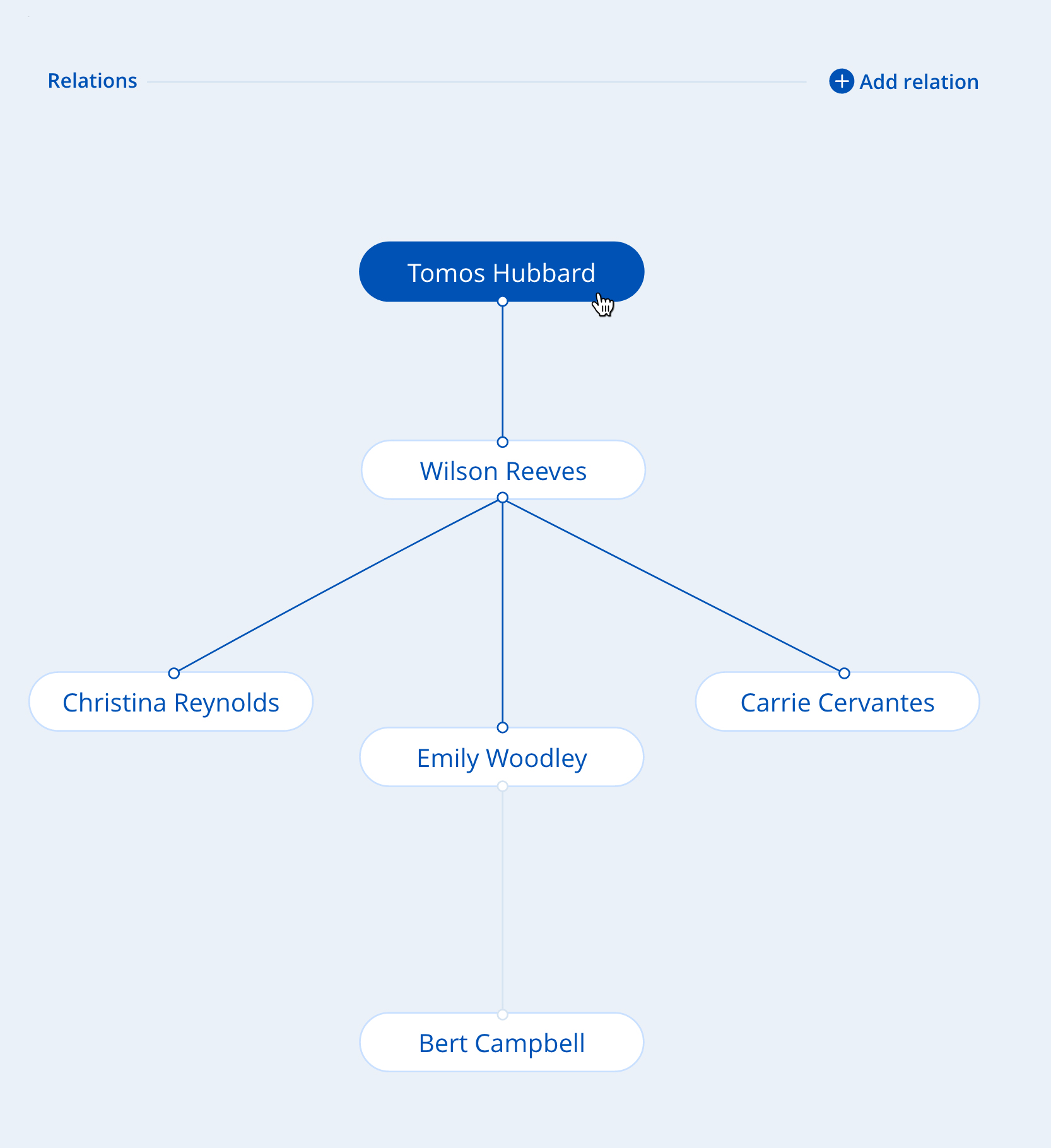BLOG
January 17, 2022
Legal industry trends to watch in 2022 (Part I)
Technology trends can change and alter your legal practice performance. But to which side – largely depends on your readiness and ability to adapt to changes. In response to so many disruptions, changing working models, and ever-increasing client preferences, you should be ready to invest: in tools, people, and innovations.
Hand in hand with technological progress
Investments in legal tech lead to unprecedented prospects for the underlying needs of every law firm. Automated solutions help digitize in-house legal processes with the promise to deliver better business outcomes and increase the quality of legal services in the long term. Lawyers, in turn, will be provided with more flexible workplaces, do less menial jobs, better manage legal intake, wisely allocate resources, delegate tasks to the right person, and receive matters related to their specific expertise.
According to Gartner, legal technology budgets will triple through 2025 as general counsels encounter challenges in terms of managing legal workload and driving efficiency in their departments.
Tech innovations let numerous departments and teams within a law firm, which cope with large data sets, document and contract processing, transfer a good portion of functions and activities to machines. It follows that more client deals are closed faster – due to data automation and reduced administrative work. Sending agreements (NDA’s), offering letters to employees, procurement contracts, lease agreements, etc., are becoming less time-consuming and are done with the use of built-in templates, filters, analytics, and real-time data updates.
By 2023, virtual legal assistants will field 25% of internal requests to legal departments at large enterprises, growing operational capacity for in-house teams.
Less manual jobs, more tech staff to hire, more workflows to automate
Originally, automated systems were used widely in mechanical jobs and the manufacturing industry. Now, across all lines of businesses, at least some percentage of employees are being replaced with robots and artificial intelligence. The legal industry is no exception.
Looking back on technological progress in recent centuries and how fast we are moving toward digitized reality, it is foreseeable that automation services are expanding at high speed. And we see more and more tech-savvy millennials rolling in the legal sector. Therefore, the industry will need tech experts “on board” to develop, operate and maintain these platforms and tools.
Back in the 1950s and ’60s, Norbert Wiener, an American mathematician, predicted that automatic machinery would end up in mass unemployment. And millions of people will lose their jobs.
A new analysis from Deloitte states that within the next two decades, an estimated 114,000 jobs in the legal sector will have a high chance to be replaced with automated machines and algorithms.
With a constant explosion of legal data, even a tiny human failure in its processing might ruin a company’s reputation. Advanced legal software enables lawyers, attorneys, and other departments within a law firm to:
• receive, process, and review tasks in a well-structured, organized, and centralized manner
• automate routine processes
• minimize risks while handling client cases, and a lot more.
Experts with diverse skills will be in demand

To make the best out of legal expertise, perhaps, we’ll see more non-law-related career offers. Employees with expertise in specific areas will contribute to the growth of the company’s brand identity, boost sales, and assure a smooth transition to new technologies.
Owners of law companies should attract the best talents from various fields in the coming years, such as:
• Risk managers
• Legal technology support specialists
• E-discovery specialists (someone who can handle and optimize data and document workflows in a digital form)
• Litigation support professionals, paralegals, and legal secretaries who combine law and technical skills
• Compliance officers, etc.
System administrators, IT specialists, Accountants, Human resource managers, Digital marketing experts, Sales managers, etc., could also create a sustainable advantage to law firm comprehensive growth.
Gartner’s research found increasing investments in legal project managers (up to 56%) and data scientists employed within the legal function (up to 30%).
Remote litigation is presumably going to be the case in the legal area. Therefore, many law firm owners are implementing or adjusting their work policies to the new norms. Contract lawyers, attorneys, and remote legal counsels will be in great demand to keep a firm afloat.
Another tendency that emerged by virtue of the global pandemic is online courts. Some court hearings now take place remotely (like some Canadian courts, which adopted modernized technology to share documents virtually during the hearing).
More legal tech trends to watch in 2022 will be revealed in our next article. Stay tuned.
Be among the first to embrace changes
Technology and automation hold a myriad of chances to handle any future turmoils. Jusnote is a cloud-based software, specifically designed for legal purposes, that helps thousands of legal professionals run their law practice, collaborate with partners, operate tasks, bill their work, process payments, and many more in one single place.
Try Jusnote for free now!
![]()
Elena Ivanenko
Author, Content Creator at Jusnote



 Jusnote Newsroom
Jusnote Newsroom  Search Newsroom
Search Newsroom
 Back to all publications
Back to all publications




















